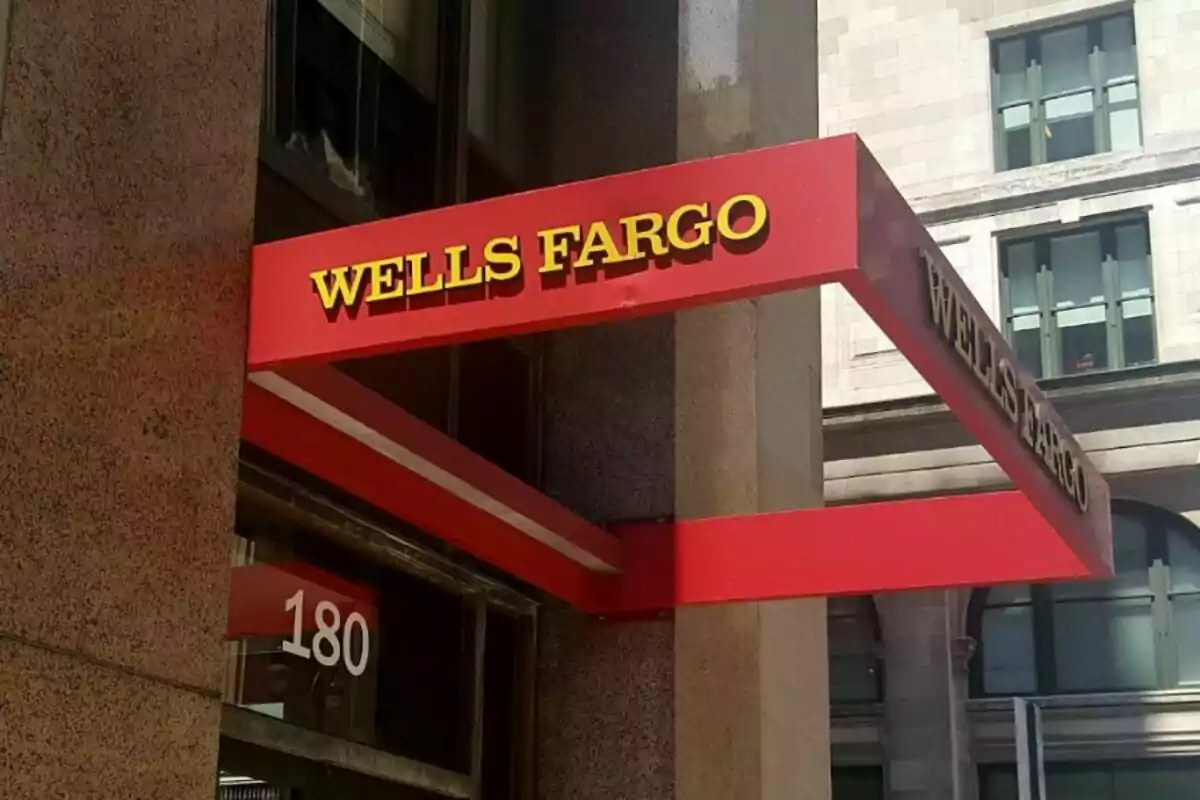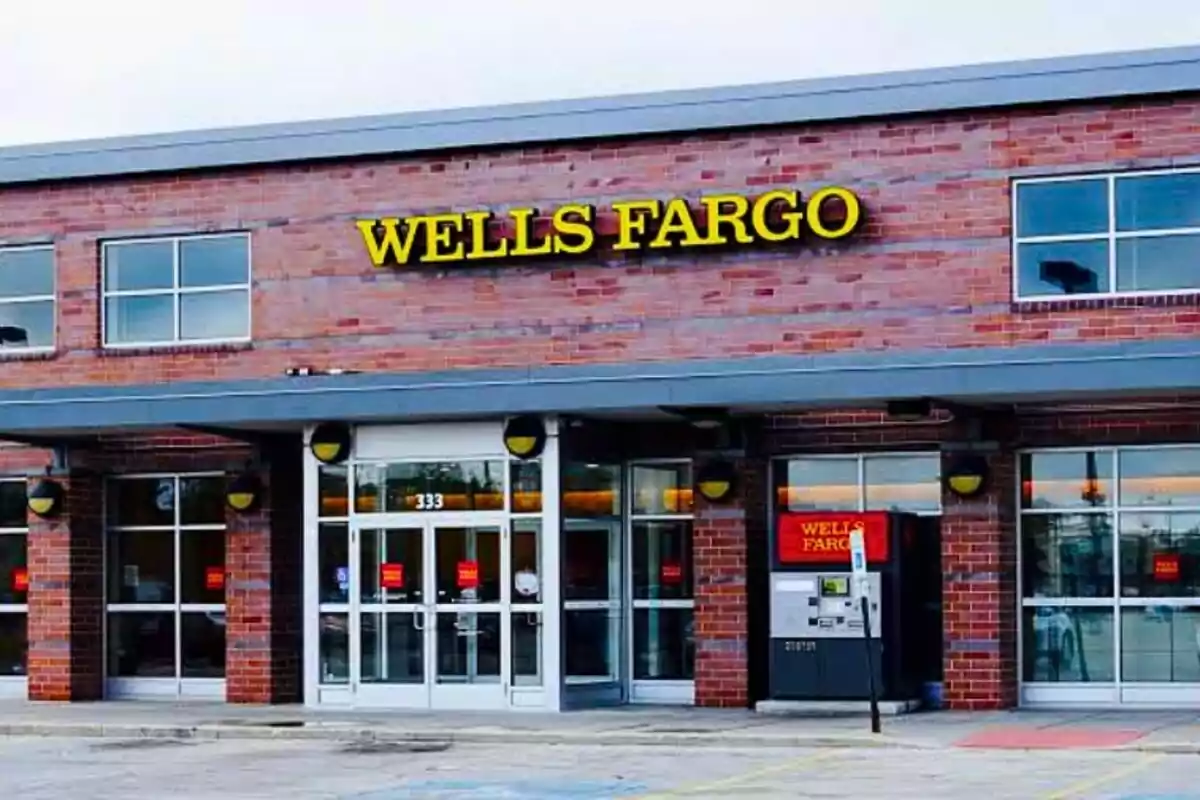Many customers went to the supermarket, tried to pay their bills or make a transfer, and couldn't. Without prior notice, their bank accounts had been blocked. What seemed like a simple technical failure ended up being something more complex.
Behind all this is Wells Fargo, one of the most important American banks. It must be said that this has caused great controversy.
In recent months, multiple cases of Cuban-American citizens have come to light. They were surprised to discover that they couldn't use their money. Their accounts at Wells Fargo were frozen without receiving a clear notice.

According to several media outlets, some of these customers only found out when they tried to pay with their card and it was declined. One of the most striking testimonies was that of José Antonio Orta, a Florida resident with U.S. citizenship by naturalization. One day, when he tried to pay at an establishment, his card didn't work.
When he contacted the bank, they informed him that they needed documents related to his immigration status. Although he is a U.S. citizen, his place of birth in Cuba was enough to trigger a verification process.
Wells Fargo requests more documentation
This is because some American banks, including Wells Fargo, are required to comply with certain federal regulations. Especially those imposed by the Office of Foreign Assets Control (OFAC). This entity requires banks to verify the identity and immigration status of people from sanctioned countries, as is the case with Cuba.
If a customer doesn't respond to the bank's requests in time or doesn't provide the required documentation, the institution can limit their operations. Although technically the account can still be accessed, many functions such as payments or card use become restricted.

Wells Fargo, meanwhile, explained that these actions are part of their commitment to follow national regulations and avoid possible sanctions. However, the fact that customers weren't properly notified has caused frustration. Many believe that the bank should have handled the situation in a more transparent and less invasive way.
Pay attention to communications
To avoid situations like this, experts recommend paying attention to any message or letter sent by the bank. Even if it seems insignificant. Ignoring a request can result in your bank account being blocked.
Once it happens, the only way out is to contact the bank directly and provide the requested information. This situation has once again put at the center of the debate the way banks in the United States manage their legal obligations. Especially in cases involving people born in sanctioned countries.

